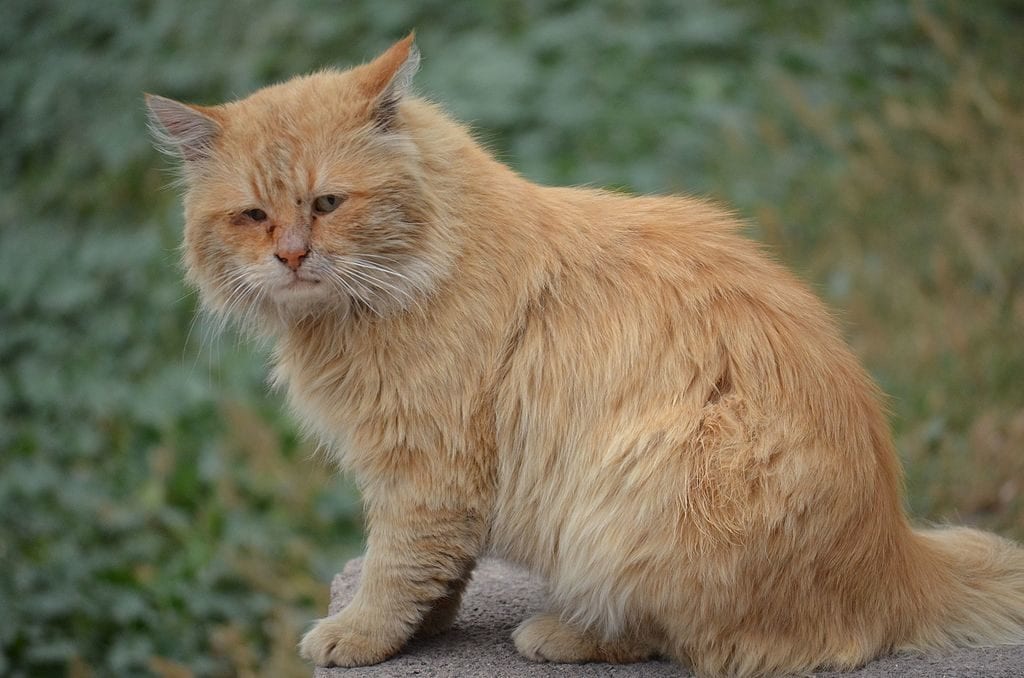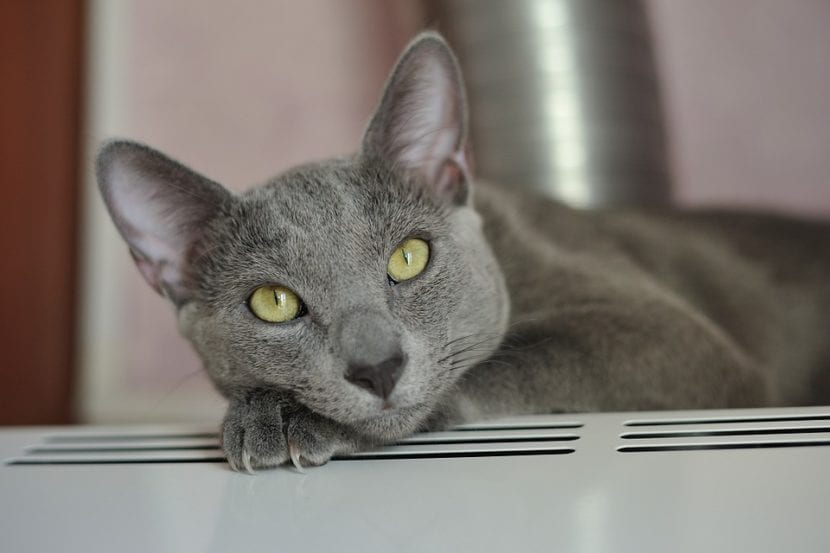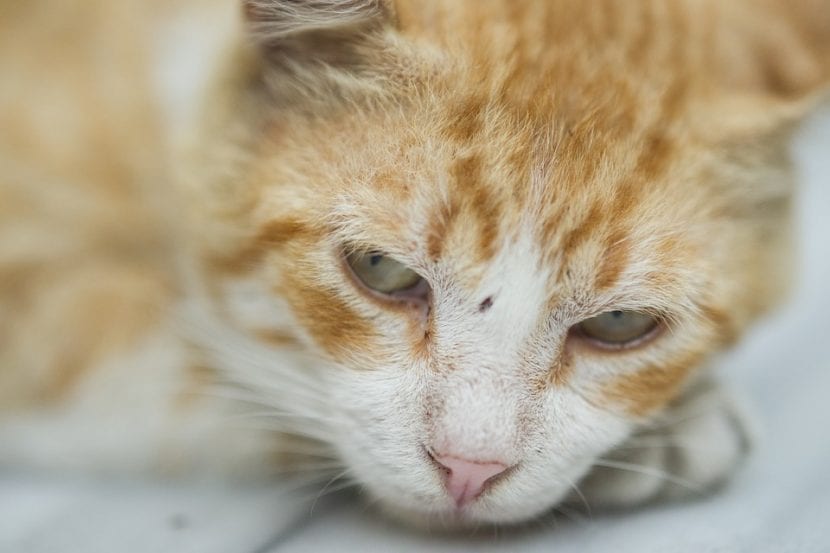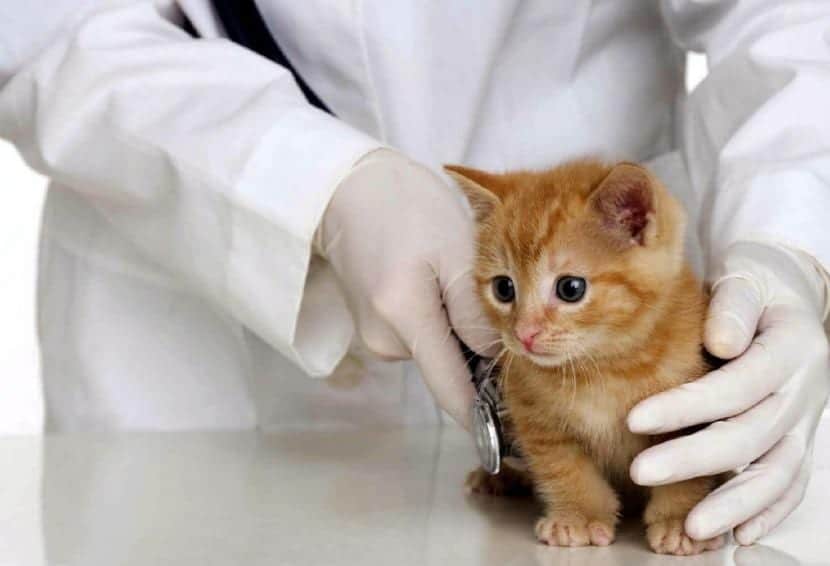
Image - Wikimedia / Atasoy.emrah
When we bring or start to take care of a cat it is very important to keep in mind that we must do everything possible to ensure that it has the best possible quality, and that includes taking it to the vet whenever necessary because there are many diseases that can affect it. , some of them very serious. One of the worst and most frequent is the call feline coronavirus.
The worst thing is that it can be confused with a simple gastroenteritis, but precisely for that reason, so that the health of the feline does not get worse, we must take care of it the best that we know.
What is it?

The feline coronavirus is a disease transmitted by an RNA virus of which there are two varieties:
- FECV: it is the feline enteric coronavirus, which affects the digestive system.
- FIPV: or feline infectious peritonitis virus, responsible for the infection, most of the time chronic, of digestive epithelial cells.
It is also mutable; that is, it has the ability to mutate and become infectious. When it does, it leads to feline infectious peritonitis (FIP).
How is feline coronavirus transmitted?
A healthy cat can become infected by having contact with the feces of another sick cat. It is sad, but it is estimated that between 25 and 40% of house cats are carriers and / or are sick; and the percentage goes up to 80-100% if they are cats that live in houses where there are many more, or are in kennels or shelters.
What are the symptoms and how long does feline coronavirus last?

Sometimes they are not visible since a cat can be a carrier but not be sick. Now, if you have a weak immune system and / or if you have not been vaccinated, the most common symptom is mild and chronic gastroenteritis. But when this disease has been getting worse giving rise to infectious peritonitis, then we will see other symptoms depending on whether it is wet or dry FIP:
- Wet PIF: swollen abdomen due to fluid accumulation, diarrhea, constipation, enlarged lymph nodes, enlarged kidneys.
It is the most serious form, and can end the life of the animal in 5-7 weeks after the mutation occurred. - Dry FIP: weight loss, anemia, fever, depression, and perhaps fluid build-up. In addition, there may also be ocular signs, such as uveitis or corneal edema.
The course of this type of disease is longer, but life expectancy is just as short (1 year or a little more).
How is it diagnosed?
To find out if the cat suffers from feline coronavirus, what is done are blood and urine tests. It is important to know that there is no specific diagnostic test for PIF.
Which is the treatment?
The vet will prescribe Antivirals to fight the virus and appetite stimulants, but if you have PIF this treatment will only be symptomatic since unfortunately there is no cure.
Can feline coronavirus be prevented?

Not quite, but yeah. There is a vaccine that protects you 96-98% that must be administered as a puppy. Then, with correct -and common sense- hygienic measures (for example: keep their things clean, make sure that they live in a lathe without dirt, etc.) the animal will be quite protected.